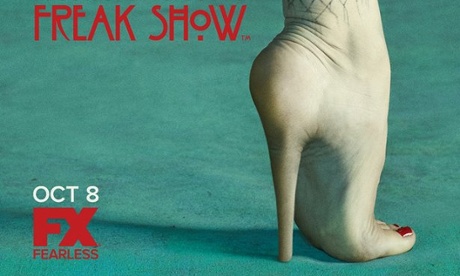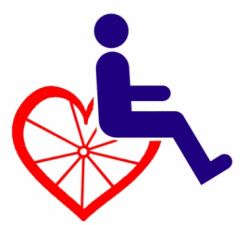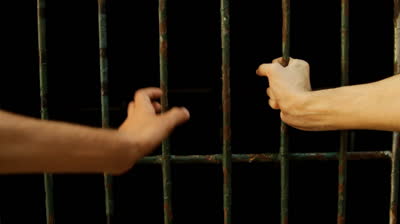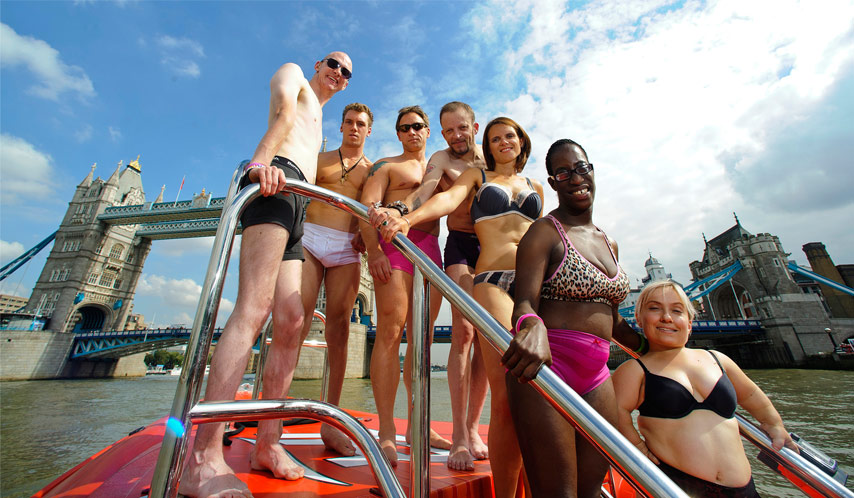There is an old Chinese proverb that says friends are the family you choose for yourself. Actually it could be just a fridge magnet I saw once but either way I’m not 100% sure I agree with the sentiment. In my experience, friends are just the people you know who you find most tolerable and you don’t bug enough for them to avoid. Does anyone really choose who they become friends with and if you do what do you look for in a friend? In a way, it’s harder to form a friendship than start a romance. Think about it, everyone has a ‘type’ of partner that floats their boat. Whether it be tall, dark and handsome, someone with a good sense of humour or a person who shares your interest in the history of British asylums and whimsical taxidermy (this isn’t my personal lonely hearts ad, so if I have described you to a tee, don’t email the site, although if you are remarkably gorgeous I will accept photos!) But friendship is different. No-one sets out saying what kind of person they would like to be mates with, do they? It kind of just happens.
The thing is I think you tend to make friends among people you spend a lot of time with. If you’re a disabled person, living in a residential home, going to clubs, groups and institutions designed for disabled people then most of your friends will end up being disabled. But is it healthy for us to only associate with other disabled people? Is it prejudice even, against people who aren’t disabled? I really can’t say but it does seem to me a little limiting to only hang out with one particular kind of person, you end up with a pretty blinkered view on the world.
I myself have a fairly diverse circle of friends some of who are able-bodied, some who have physical disabilities and some who have learning impairments. It sounds pretty bigoted to say that I relate to them in different ways but if I’m totally honest I know there are some very fundamental differences in our relationships. With my disabled friends, I always know there is an unspoken history, a way of viewing and experiencing the world that people who don’t have an impairment can’t fully understand. This can be a double-edged sword, however. It is nice to know I always have people who can sympathise with my situation but I sometimes find that there are certain members of my social circle who seem to feel that we only relate to each other because we are disabled. Of course, I try to be a good friend, listen to them when they talk to me about problems with carers, various medical conditions and political issues and of course I can relate to them. But there are situations when I find myself wishing we could talk about TV, the weather, the plight of the polar bear, ANYTHING else just to remind ourselves that there is more to life than being disabled. I suppose everyone, disabled or not knows the situation, you’re out with friends and they skilfully get the conversation on to THAT topic, the pet subject whether it be football, holidays or their children when they begin to wax lyrical. It’s a very strange form of ‘friendly’ competition where we try and work out who is the richest/poorest/luckiest/unluckiest person in your group. Well I have certain friends who seem to like to do it with disability. We sit round over coffee seeing whose body works the least. Perhaps it’s meant to make us all feel better but there are times when it’s just depressing.
There is another, more practical issue regarding being in a group of disabled friends. You see, when a bunch of able-bodied mates go to the cinema or down the pub, no-one bats an eyelid. You just ring around, ask who’s free that evening, arrange a time to meet down the Red Lion, arrive, have a drink and a chat, you don’t bother anyone, they don’t bother you, nice night out, end of story. When a group of disabled friends go out, it’s an EVENT, a military manoeuvre that has to be planned, timed and organised with the same detail as the assassination of Osama Bin Laden only with slightly less advanced warning. Carers and transport have to be booked, locations have to be scouted out in advance for suitability. I work with a girl who seems to spend every lunchtime on Facebook, fishing among her friends to see if anyone’s free to come to the care home she lives to take her up the chip shop. And when you do arrive at the restaurant, is it me or does anyone else feel a bit, well, conspicuous? Most places are totally fine with one wheelchair user arriving but when it’s three or four invading on mass, it seems to be a big deal.
Chairs and tables part like the sea of Galilee and you find yourself moving through uttering never-ending ‘sorrys’ as you all try and get round the table. I’m not going to blame places for this, sometimes it is difficult to fit a lot of chairs in. What I am going to blame people for is the assumption that is sometimes made that if a group of disabled people arrive at a pub, restaurant or theatre that it is some organised outing from a home, a ‘treat’ from our wranglers who have let us out into ‘normal’ society for the day. What fun! As hard as it is to believe, it is possible for a group of people, some of who may just happen to have a disability to go out for the evening without it being some sort of home outing. There is nothing more awkward for someone in that group than having a waiter turn to a able-bodied friend/carer/parent and talk to them like they’re ‘in charge’. I remember being on holiday with a group of other disabled people and arriving at a gift shop where the owner looked at my mother and asked her who was ‘responsible’ for us! My mother very clearly informed her that we all were responsible for ourselves and we left without purchasing a single tea towel!
But what about when I’m the only disabled person in the group? Are things easier? I certainly feel less conspicuous that’s for sure but then there’s a whole other set of issues. I’m so used to hanging out with my parents that when my able-bodied mates take me out for a meal, I feel sort of naked. It’s like I’m a kid playing grown-up. They treat me as an equal but secretly I don’t feel like one, not because I doubt their sincerity but because their lives seem so different to mine I end up analysing whether there is something wrong that I am a 33-year-old woman who still lives with her parents. I’m happy like that, but deep down I know it’s not normal. Then there’s the fact that I often literally can’t join in the conversation. In a group, everyone’s nattering away and with my speech defect I can’t get my point across. Then when someone notices I have got something to say, they usually try and help by telling everyone to be quiet because ‘Holly wants to say something.’ Then I’m left with half a dozen people looking expectantly at me while the comment I was going to make related to a topic everyone else have moved on from.
But my major problem regarding friendship is that I suffer from what my mum called ‘Cooper’s Syndrome.’ This is a startling similarity in social interactions to the character Sheldon Cooper from hit US sit-com The Big Bang Theory. I just find it very difficult to engage in chit-chat and prefer my own company to that of others. It simply takes a great deal of concentration for me to follow a conversation, remember the social niceties required of me, form relevant responses when all my brain really wants to be doing is thinking quietly about the next chapter of my book or that interesting fact I saw on QI last week. People say that I’m outgoing but really that’s just a persona I created to get by in life. Ultimately, I live with my best friend 24 hours a day and most of the time we’re very happy on our own. Her name is Holly.





